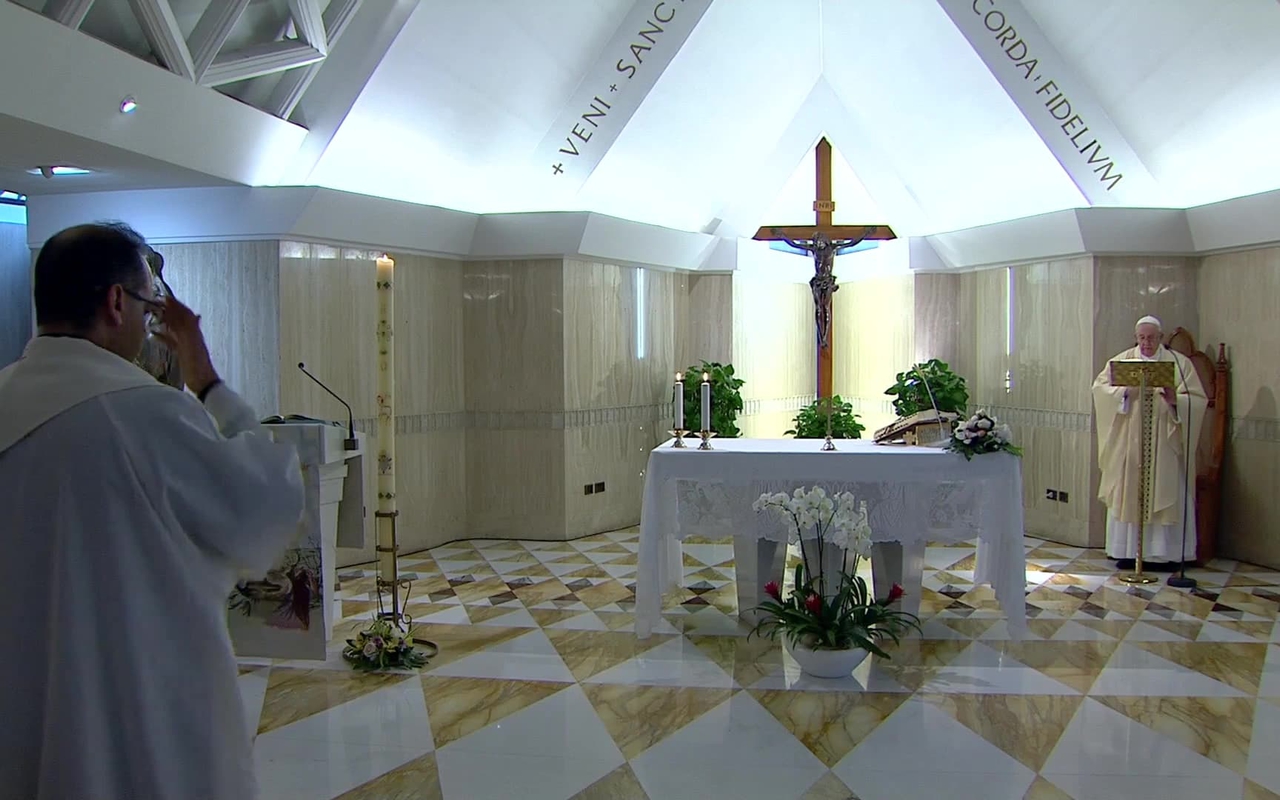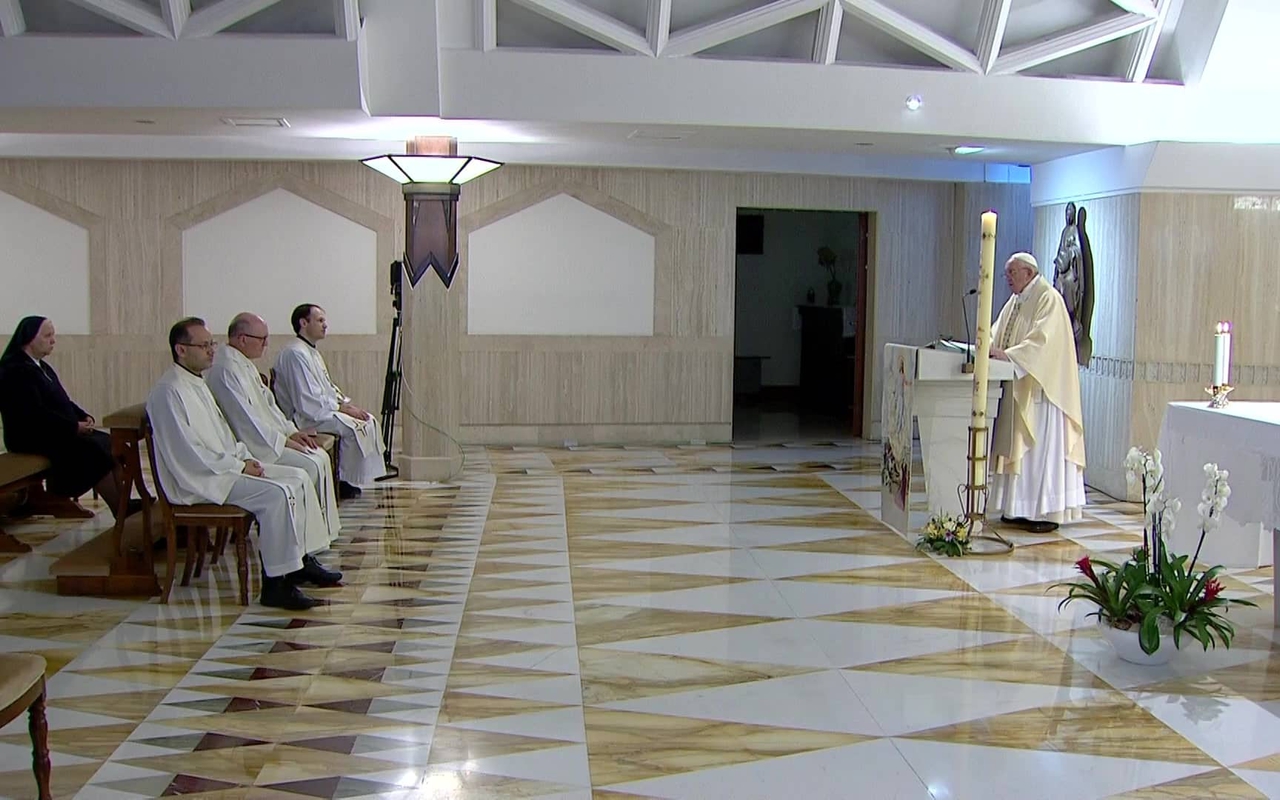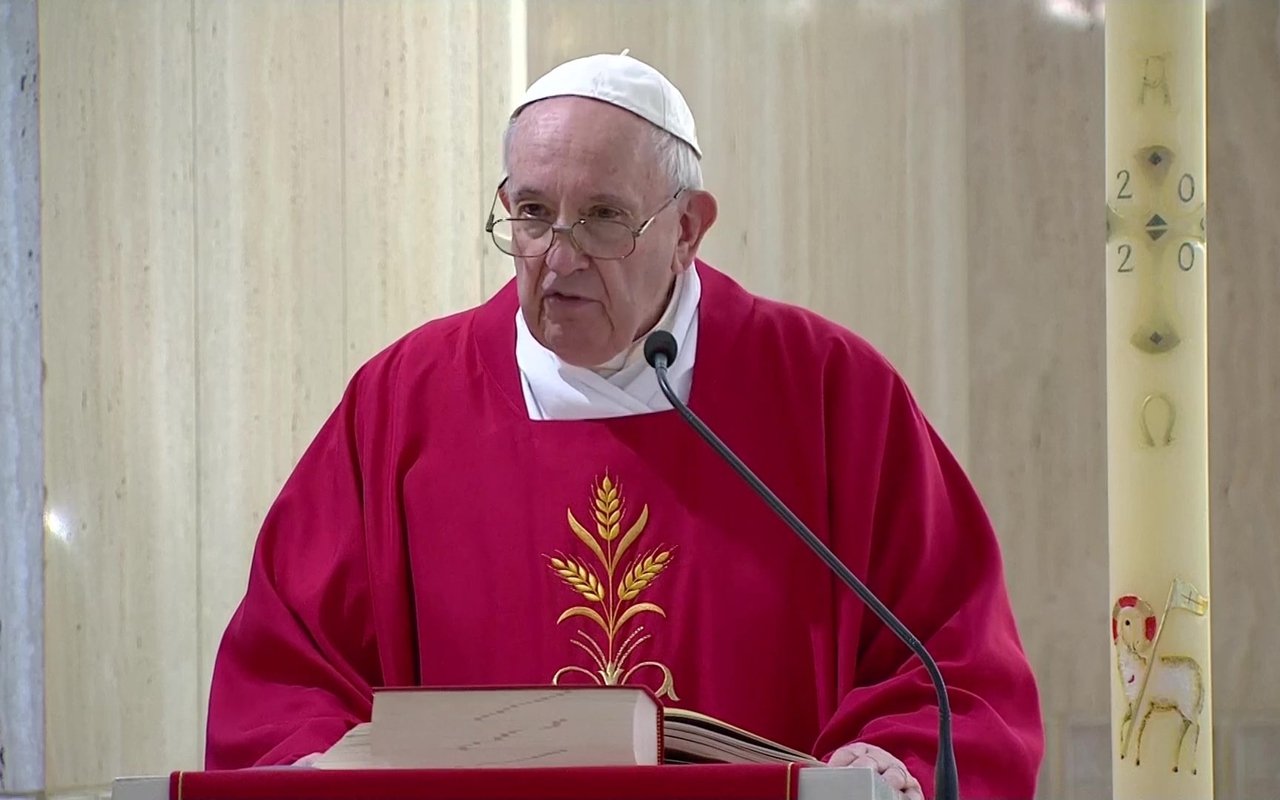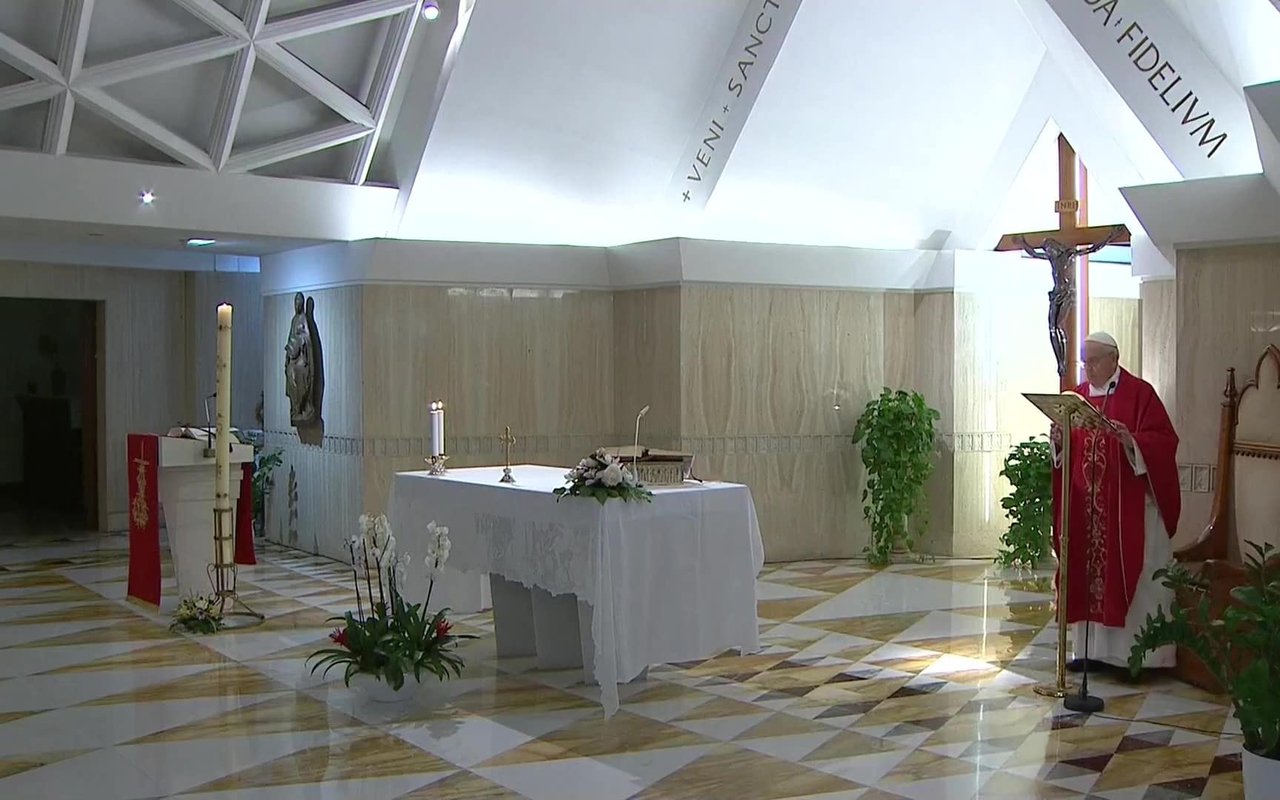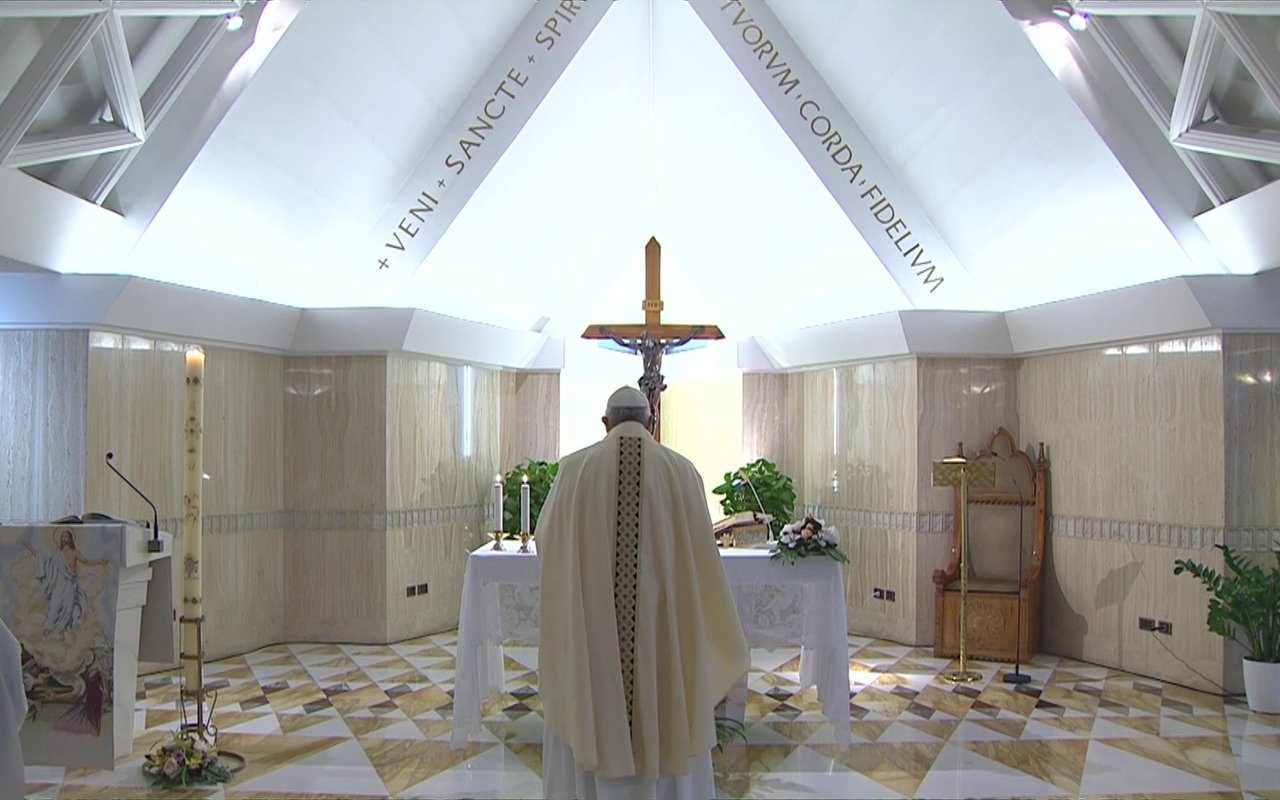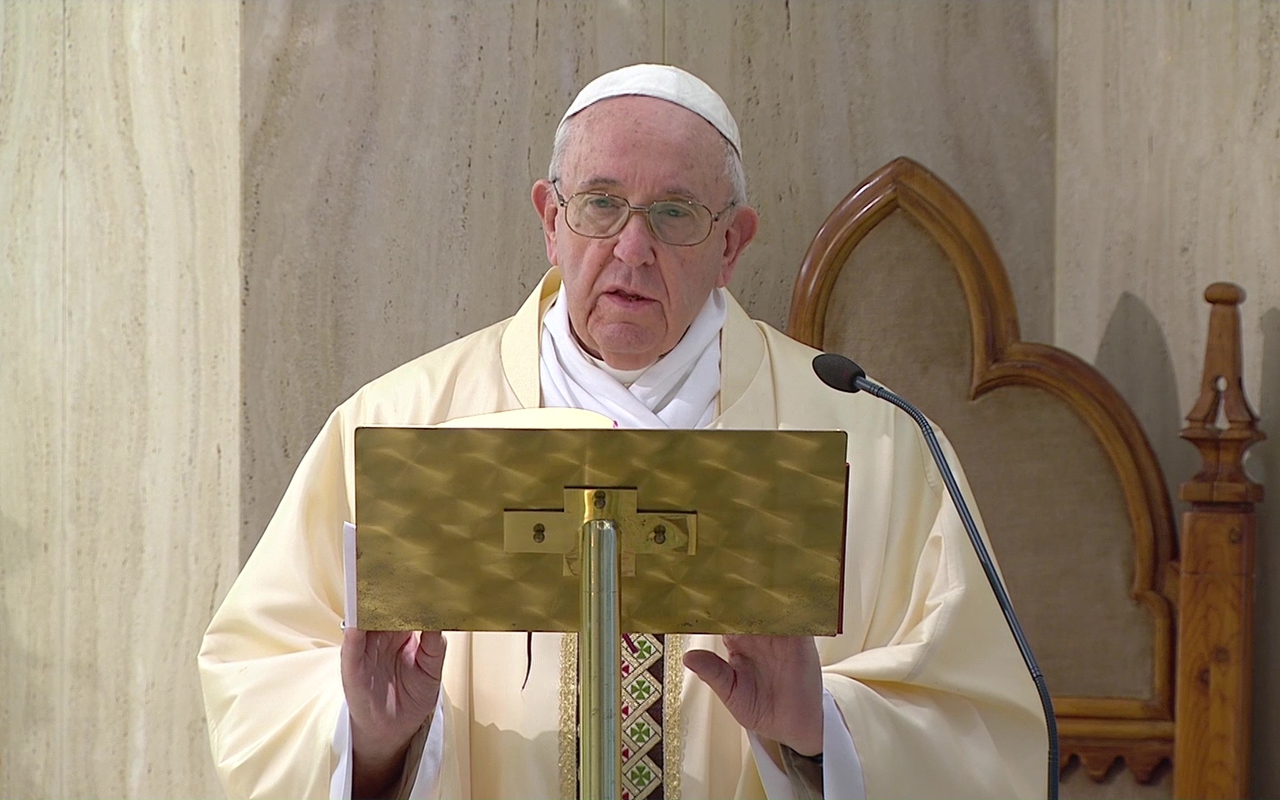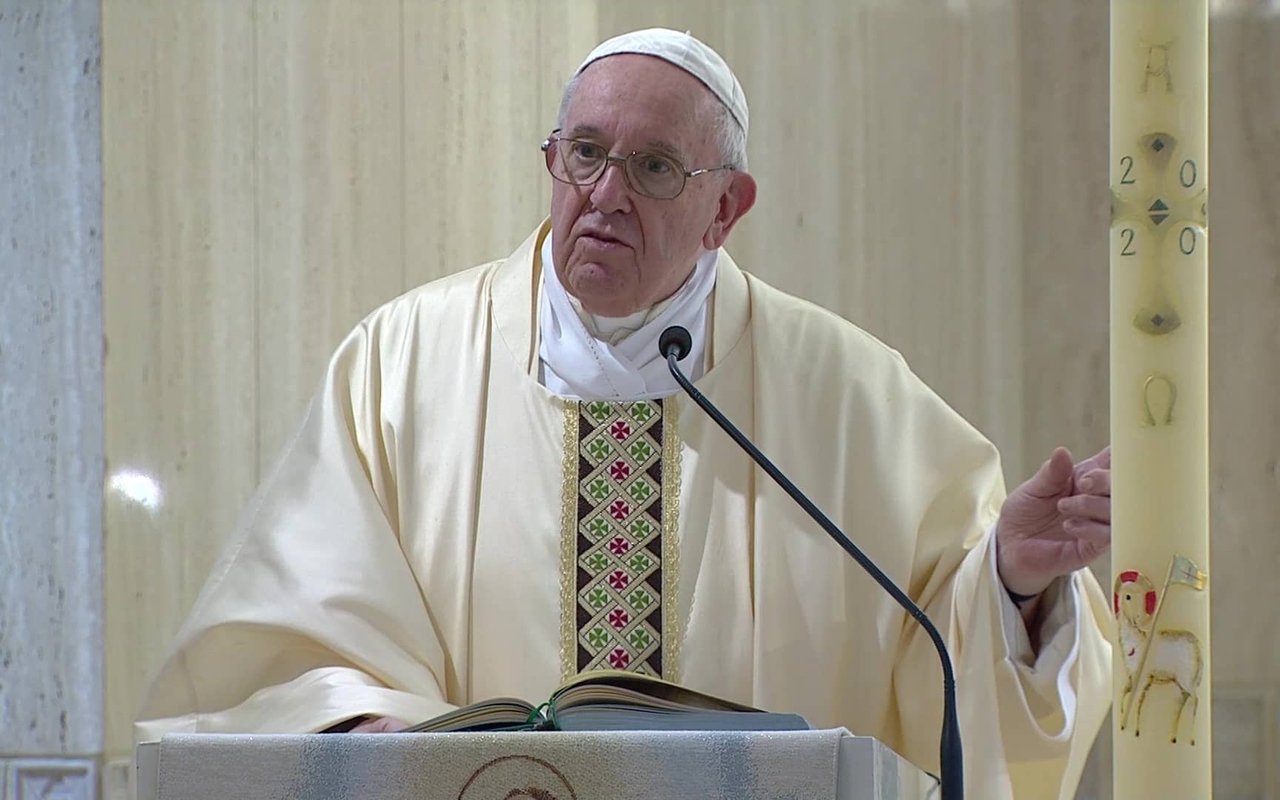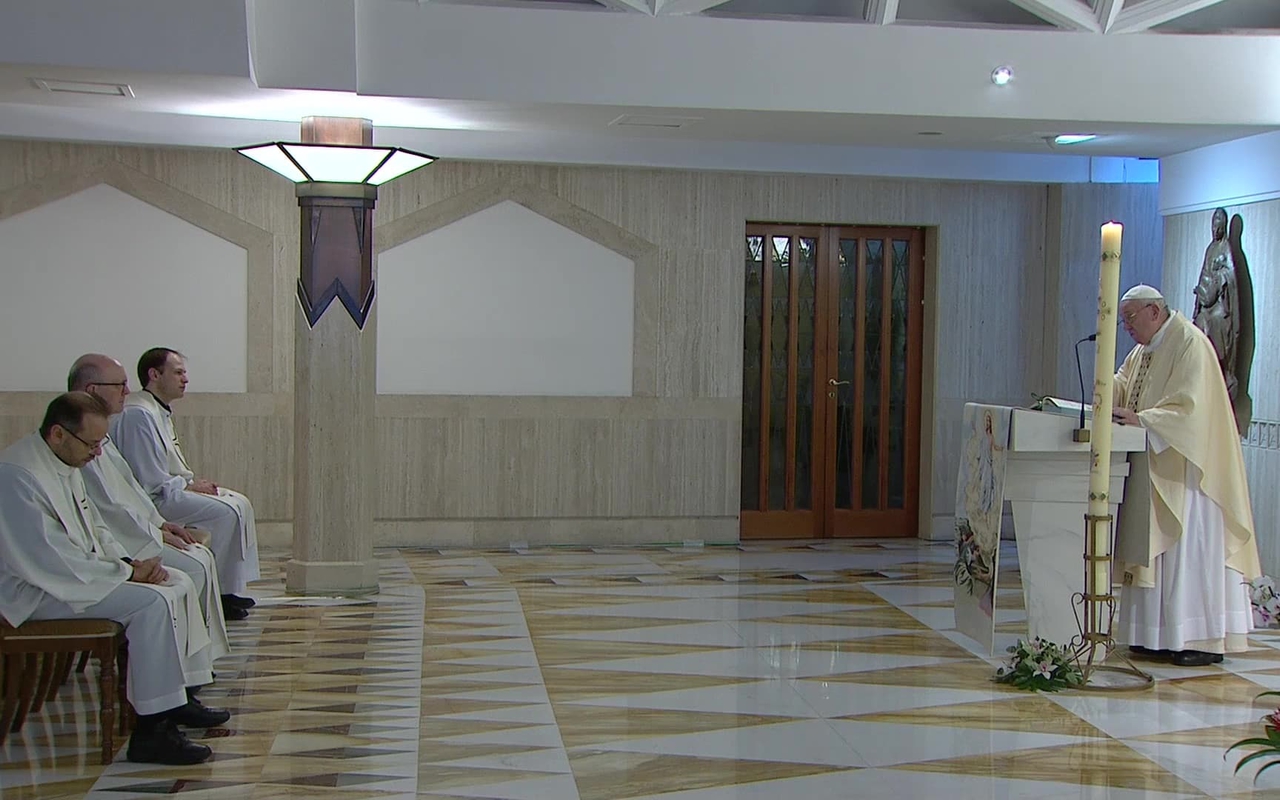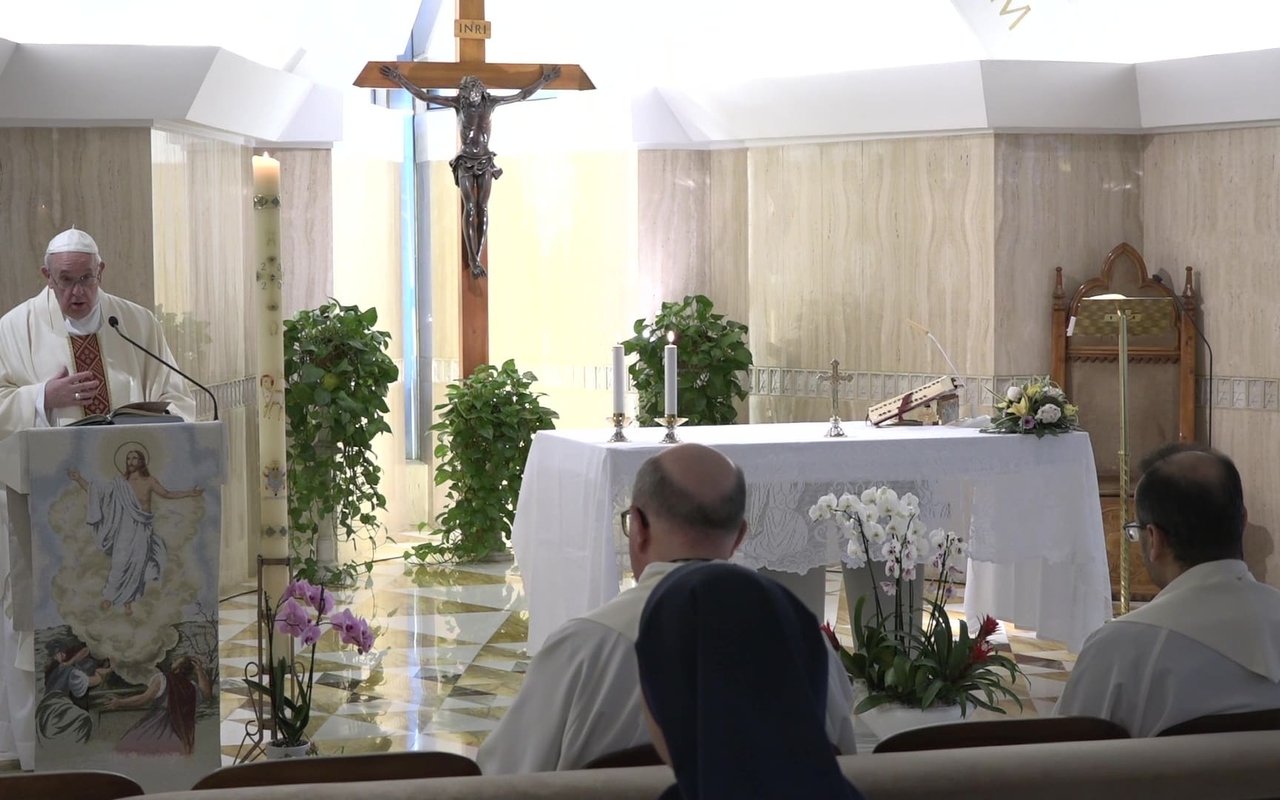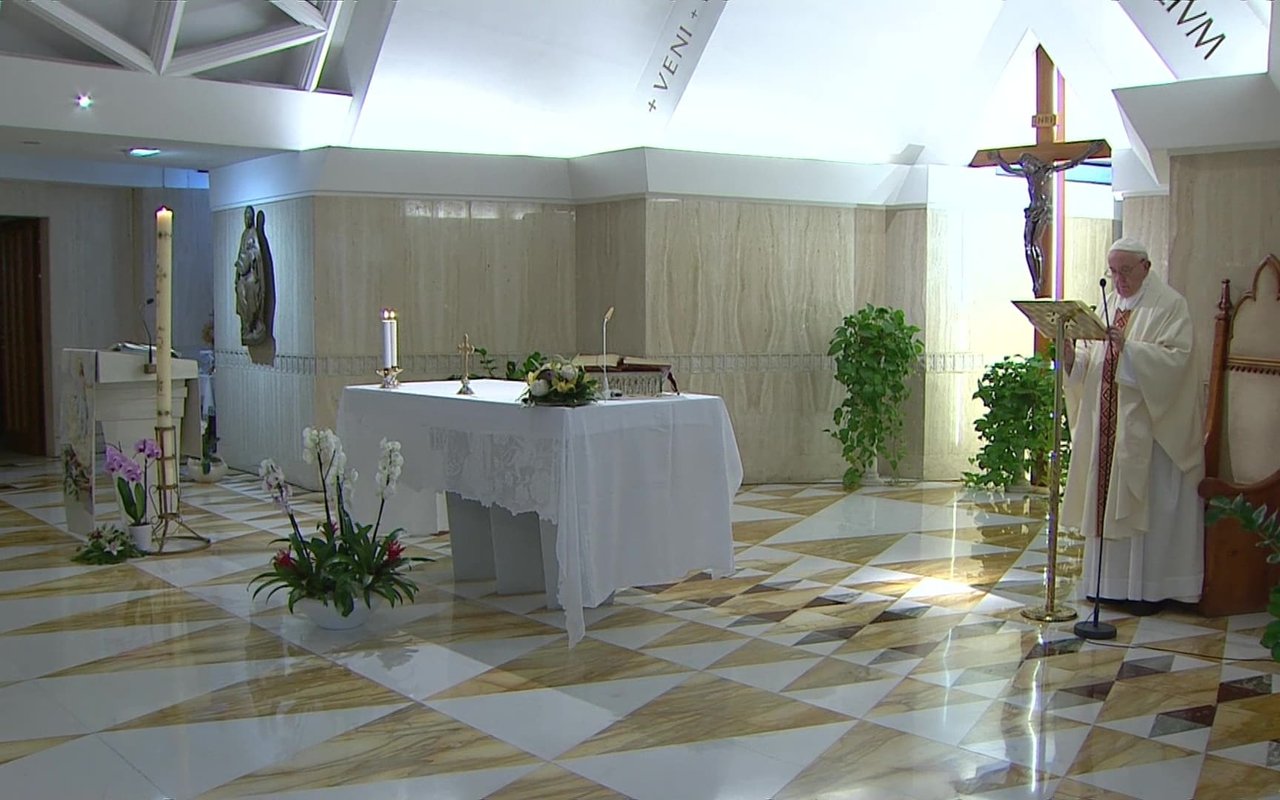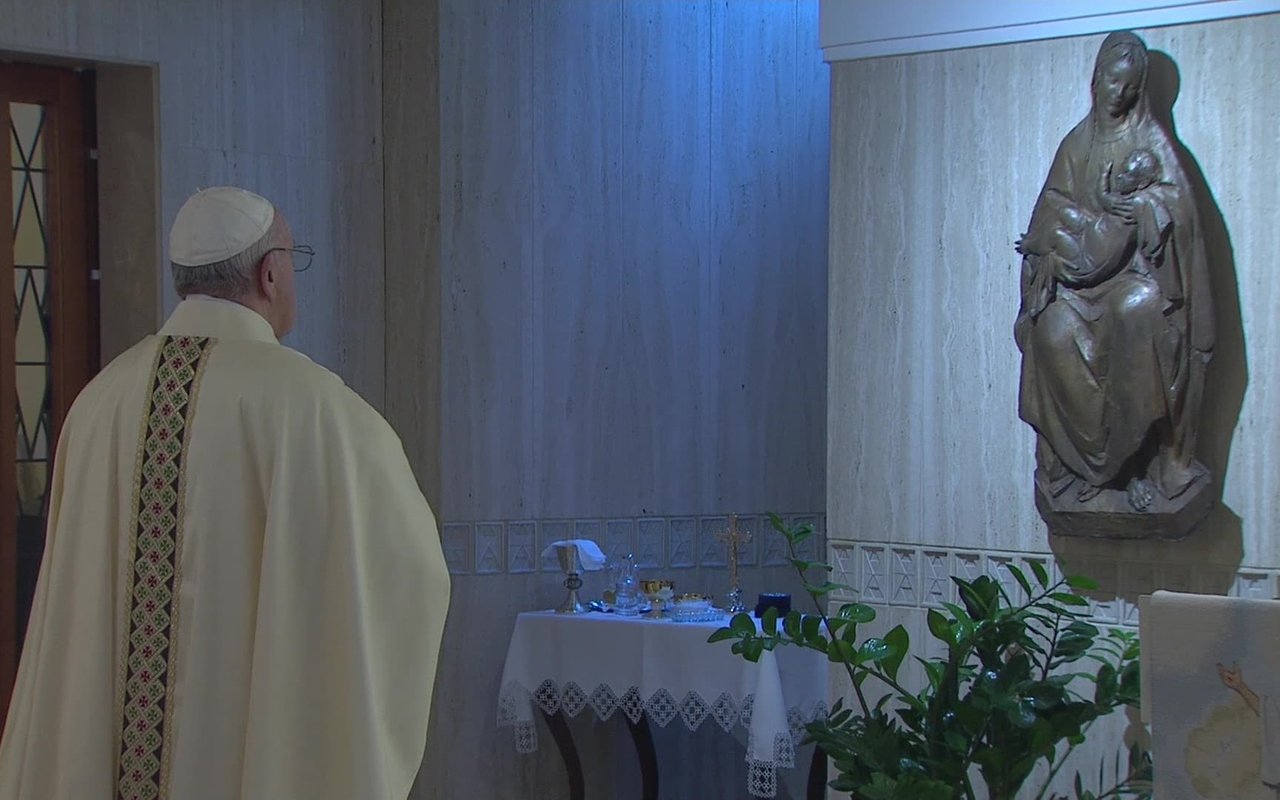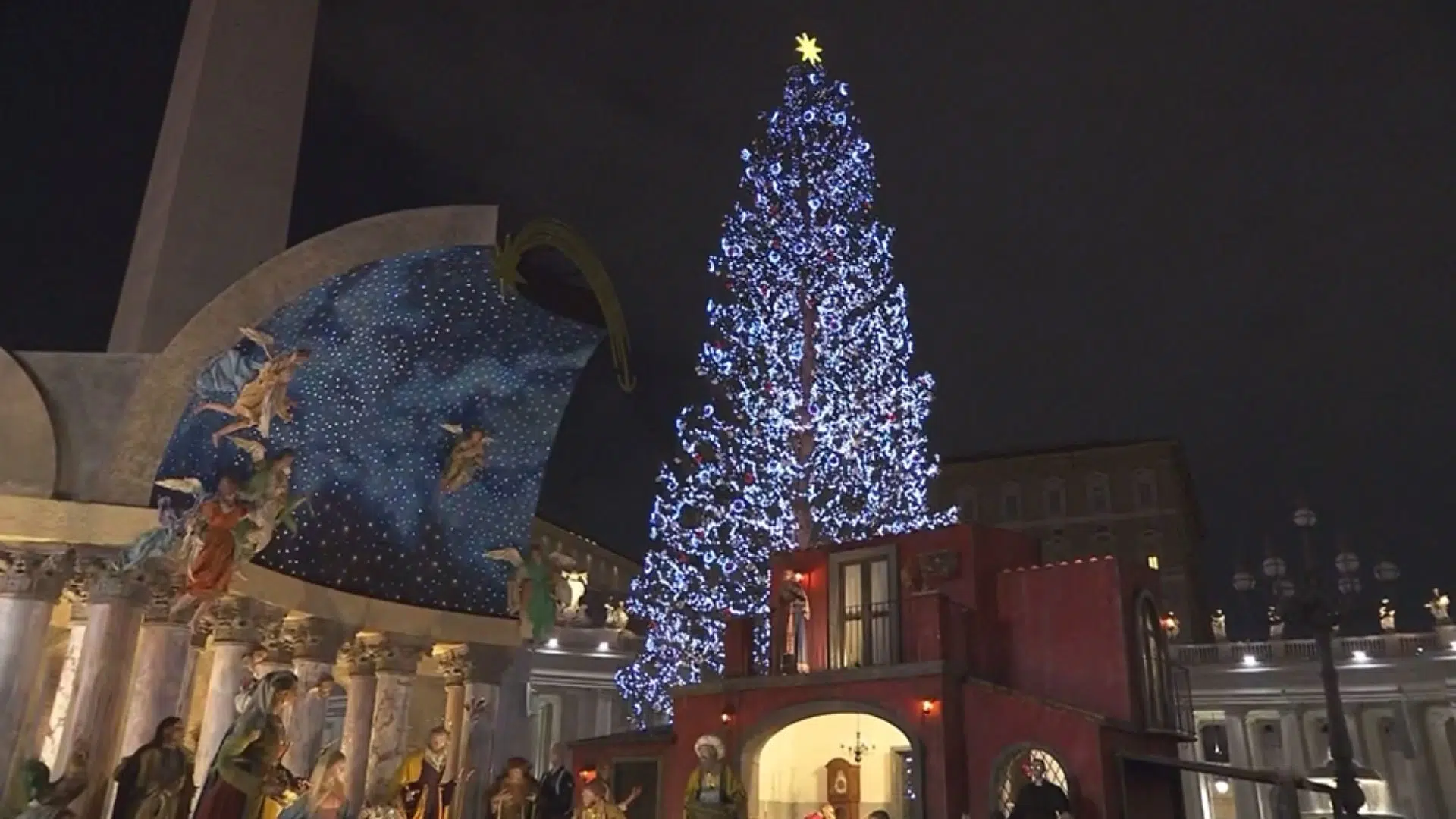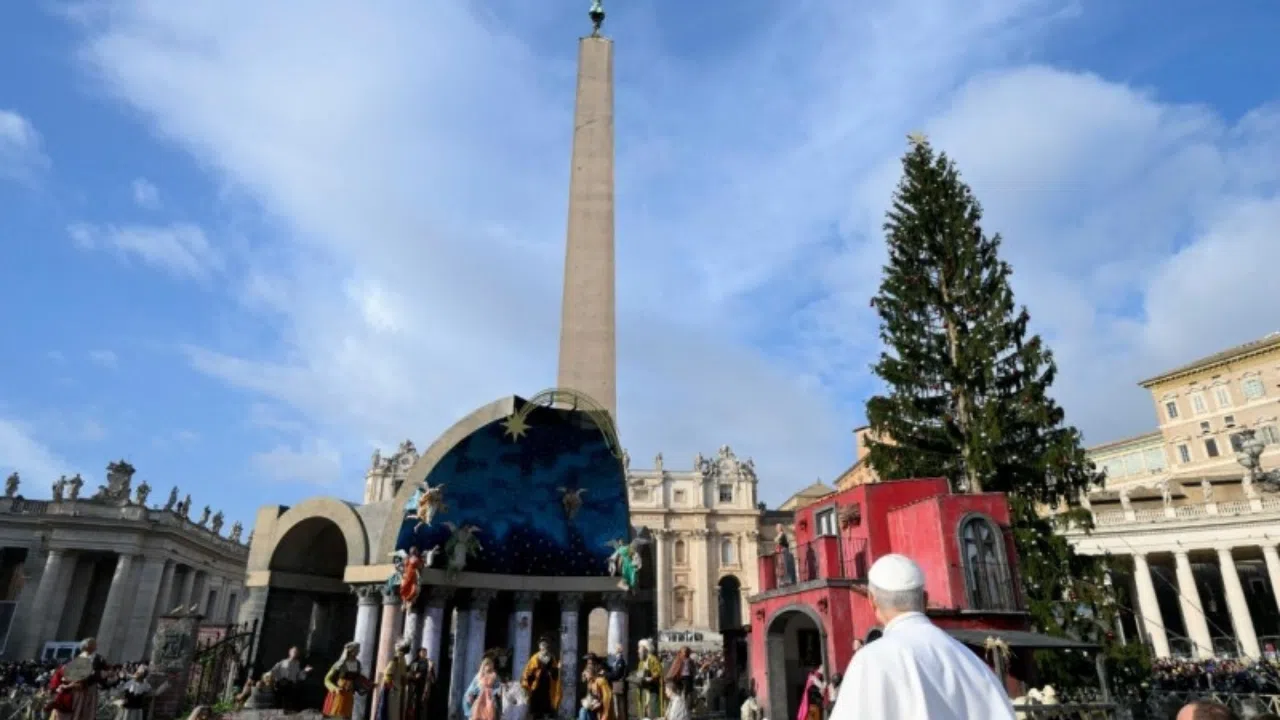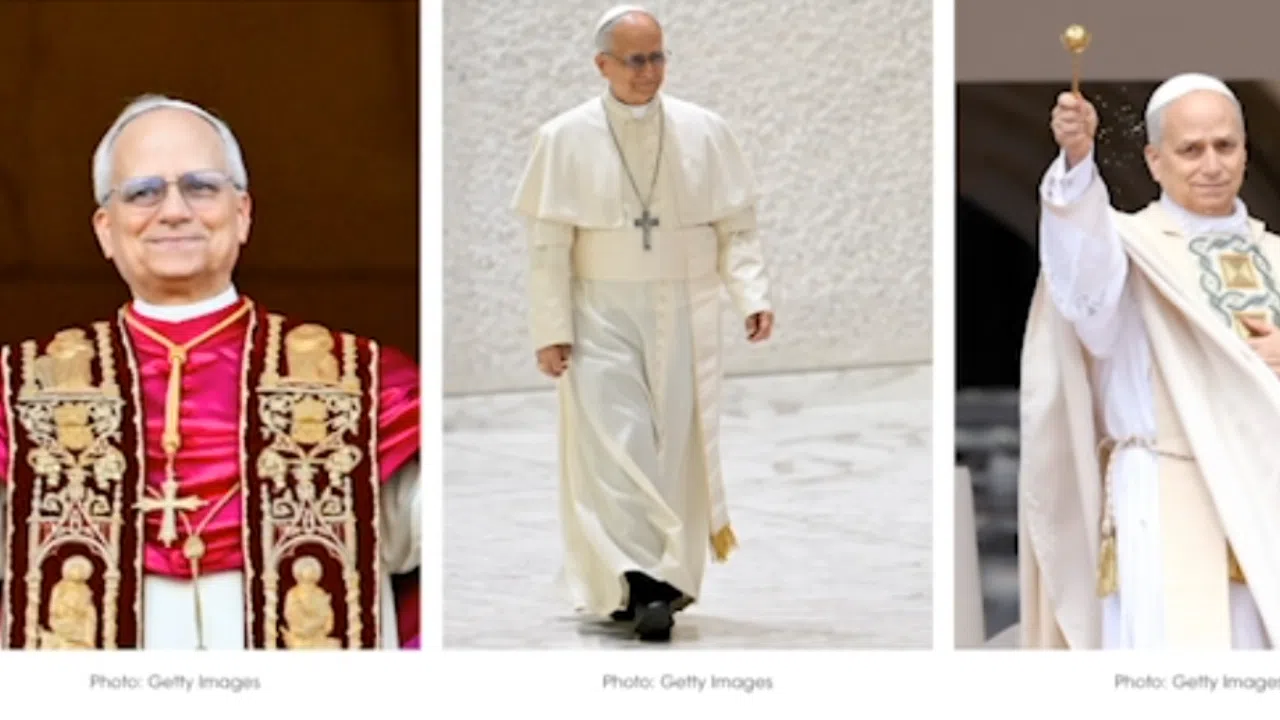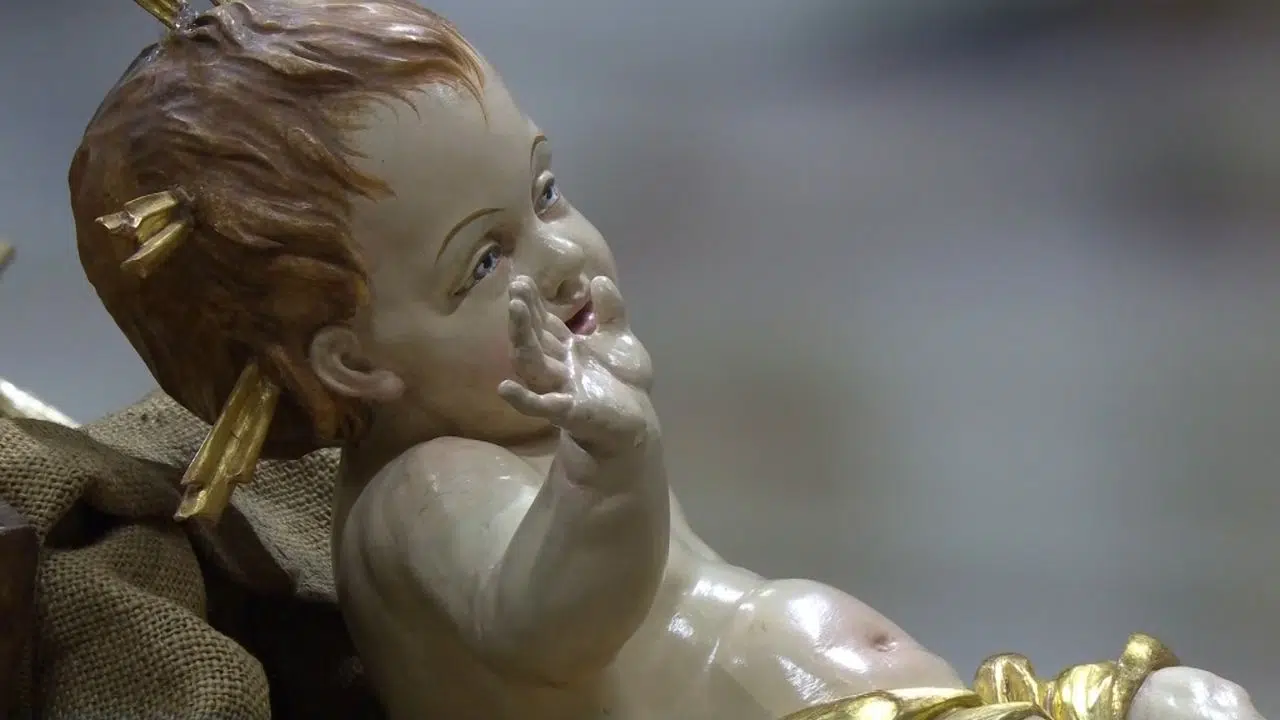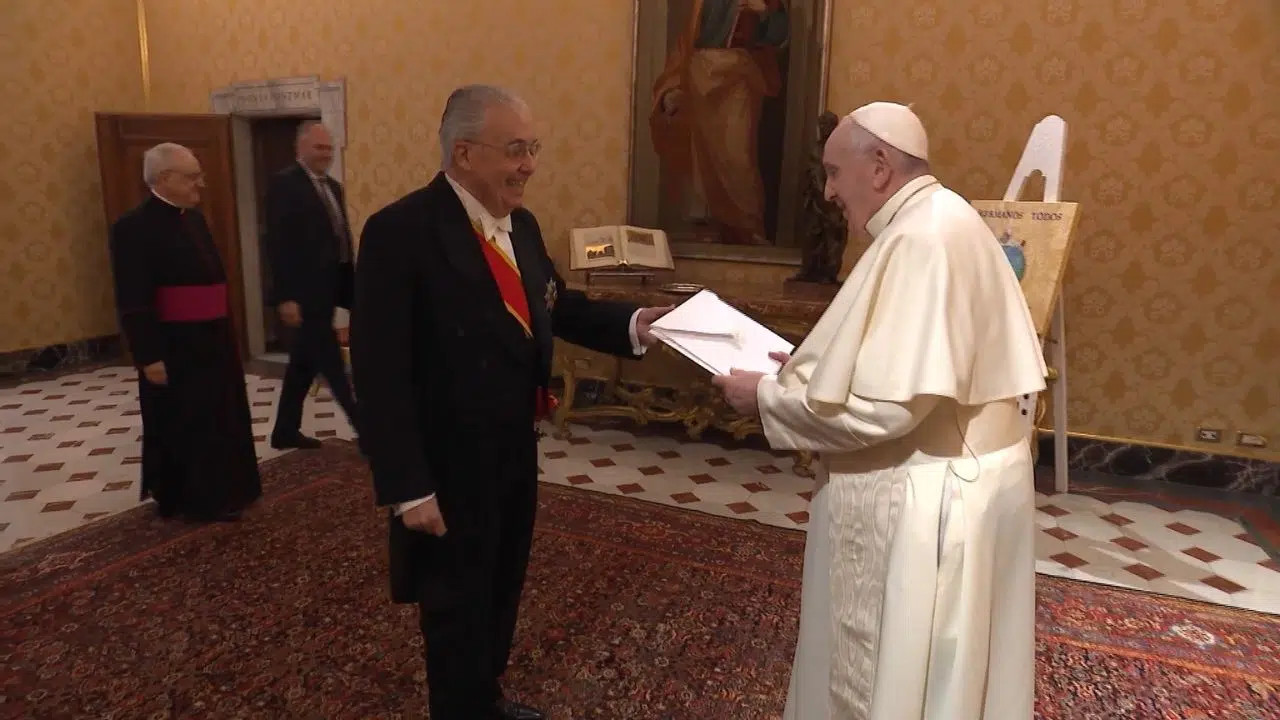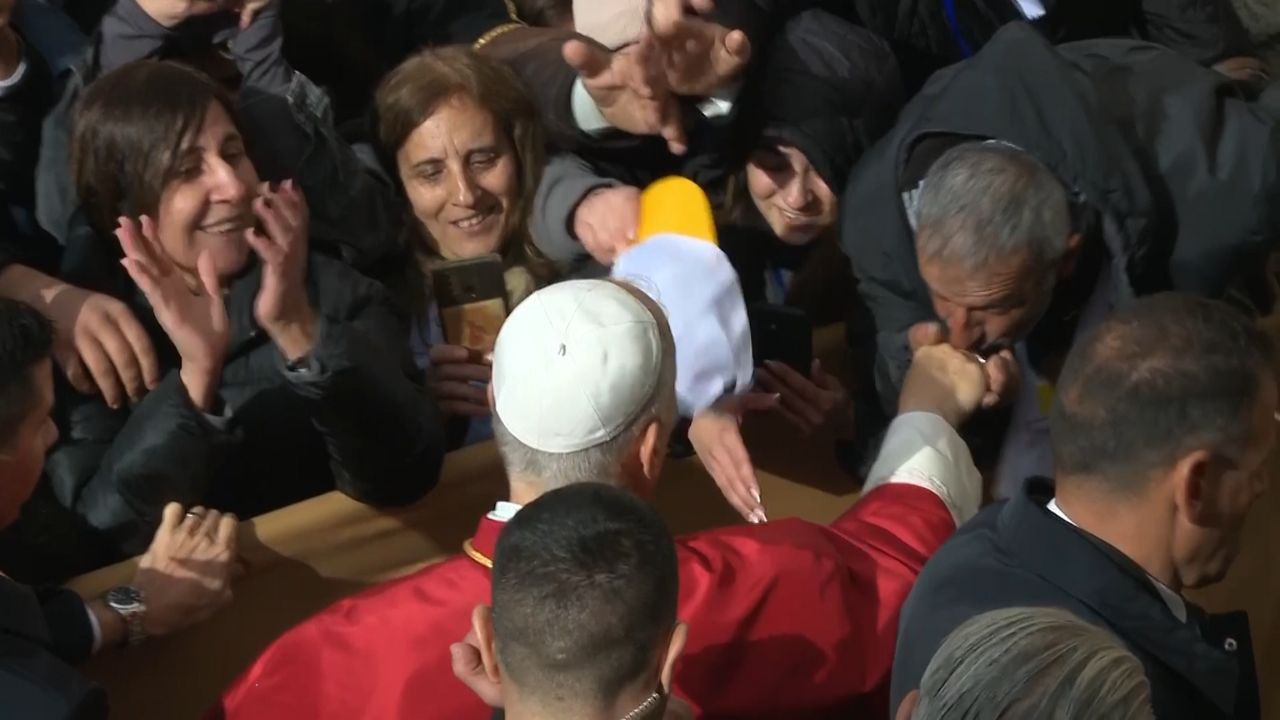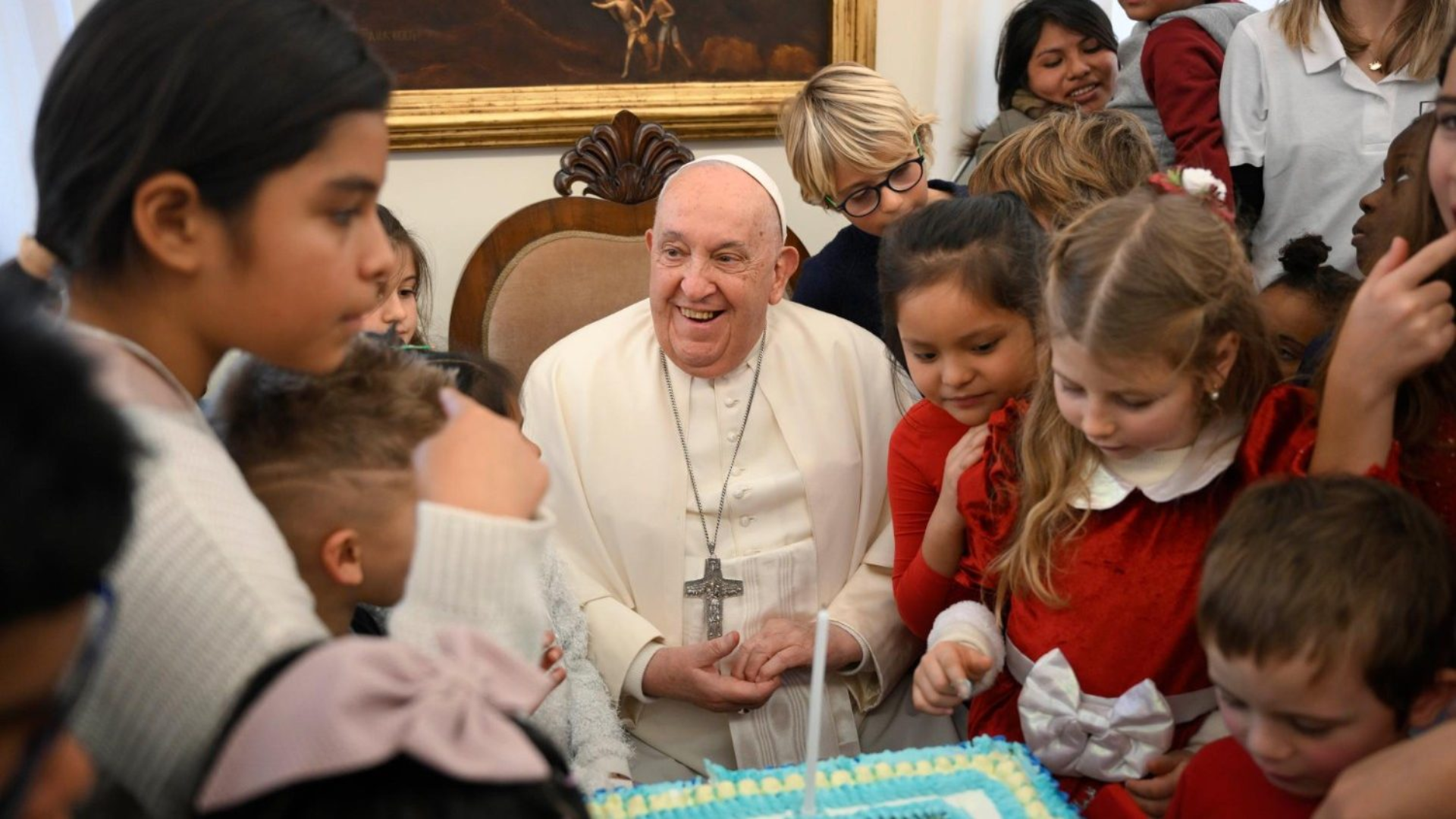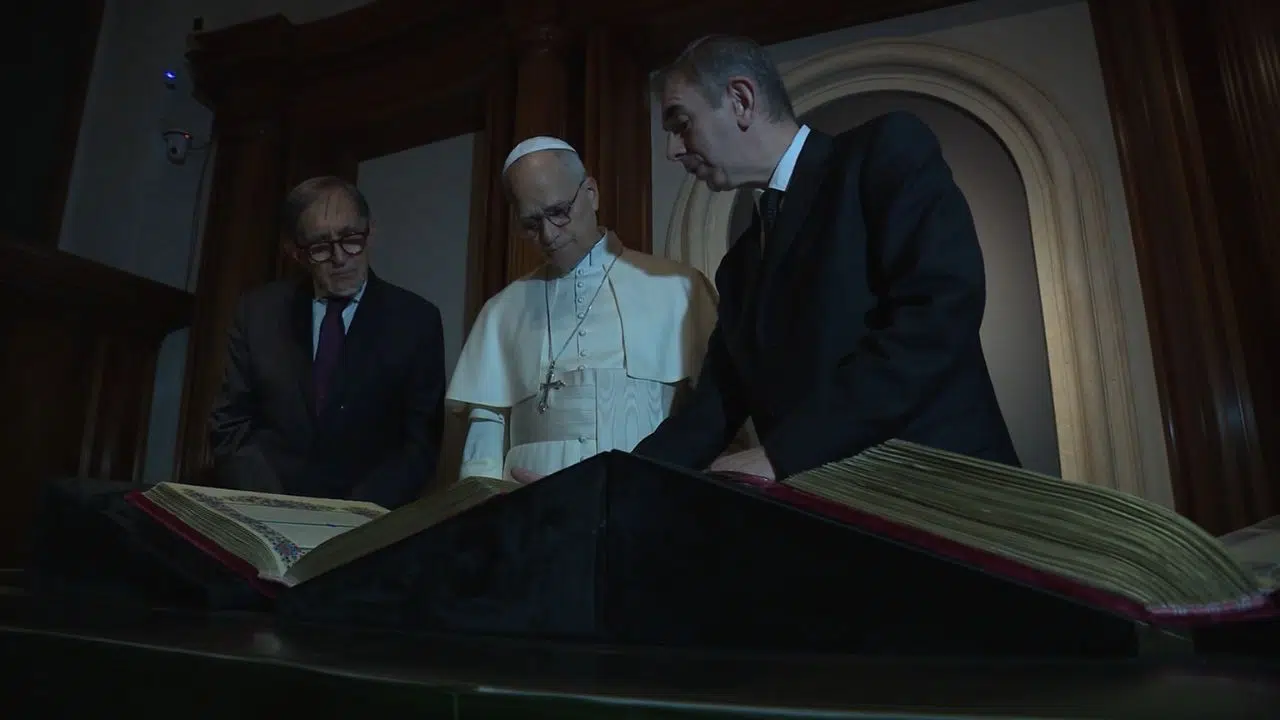During his homily at Casa Santa Marta, Pope Francis invited Christians to not close their hearts. He reminded them that the greatest message of salvation is God's compassion for humanity.
POPE FRANCIS
When hearts harden, one forgets. One forgets the grace of salvation. One forgets gratuitousness. A hardened heart leads to quarrels, wars, selfishness. It leads to the destruction of one's neighbor, because there is no compassion.
He asked Christians to open their hearts and not close them off with ideologies. He said “Jesus is the slap to every hardness of heart.”
EXTRACTS FROM POPE'S HOMILY
(Source: Vatican News)
In this episode, the pope pointed to the difference between a “hardened heart,” like that of the disciples and a “compassionate heart,” like that of the Lord. Compassion is what the Lord wants in us, the pope said, adding, “Mercy I want, not sacrifice.” The pope said a heart without compassion is an idolatrous heart.
Speaking about the four ideological groups of Jesus’ time – the Pharisees, the Sadducees, the Essenes and the Zealots – the pope said they had hardened their hearts to carry out a project that was not God's, as there was no place for compassion.
However, against this hardheartedness, the pope said, the “medicine” is memory. This is why, the pope said, in today’s Gospel and in many other Scripture passages, there echoes the need for the salvific power of memory, a “grace” to be asked for because it “keeps the heart open and faithful.”
“When the heart hardens,” the pope said, “one forgets” the grace of salvation and of gratuitousness. A hardened heart leads to quarrels, to wars, to selfishness and the destruction of the brother and sister because there is no compassion.
The pope said the greatest message of salvation is that God has had compassion on us. “Jesus is the compassion of the Father,” he said. “Jesus is the slap to every hardness of heart.” Pope Francis thus underscored the need for asking for the grace of having a heart that is not hardened and full of ideologies, but “open and compassionate” in the face of what is happening in the world.
It is on this, he said, that we will be judged at the Last Judgment, and not by our “ideas” or our “ideologies.” “I was hungry, you gave me to eat; I was in prison, you came to visit me; I was suffering and you consoled me,” the pope said is what is written in the Gospel and “this is compassion, this is not hardness of heart.”
“Let us remember and let it be the Lord who gives us a righteous and sincere heart where the Lord dwells.” “The Lord cannot enter hardened and ideological hearts. He enters hearts that are like His heart: open and compassionate,” the pope said.
Daniel Díaz Vizzi
Translation: Claudia Torres

